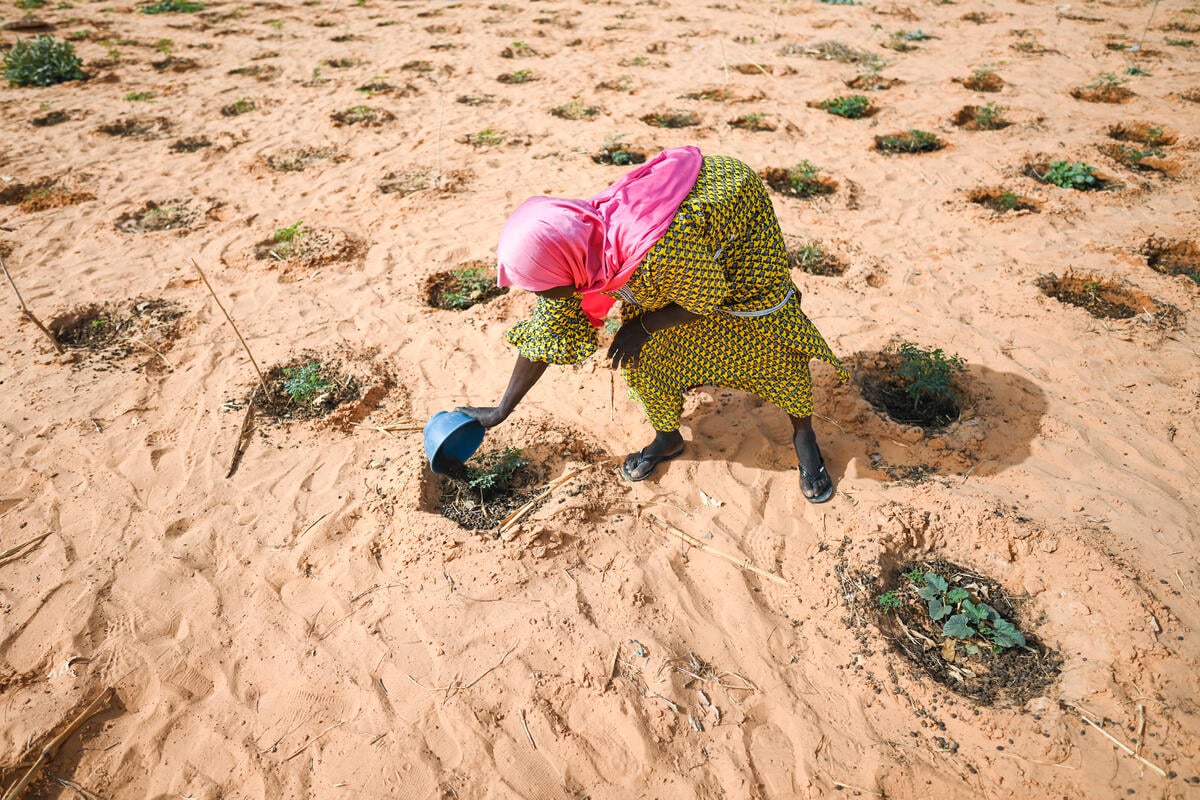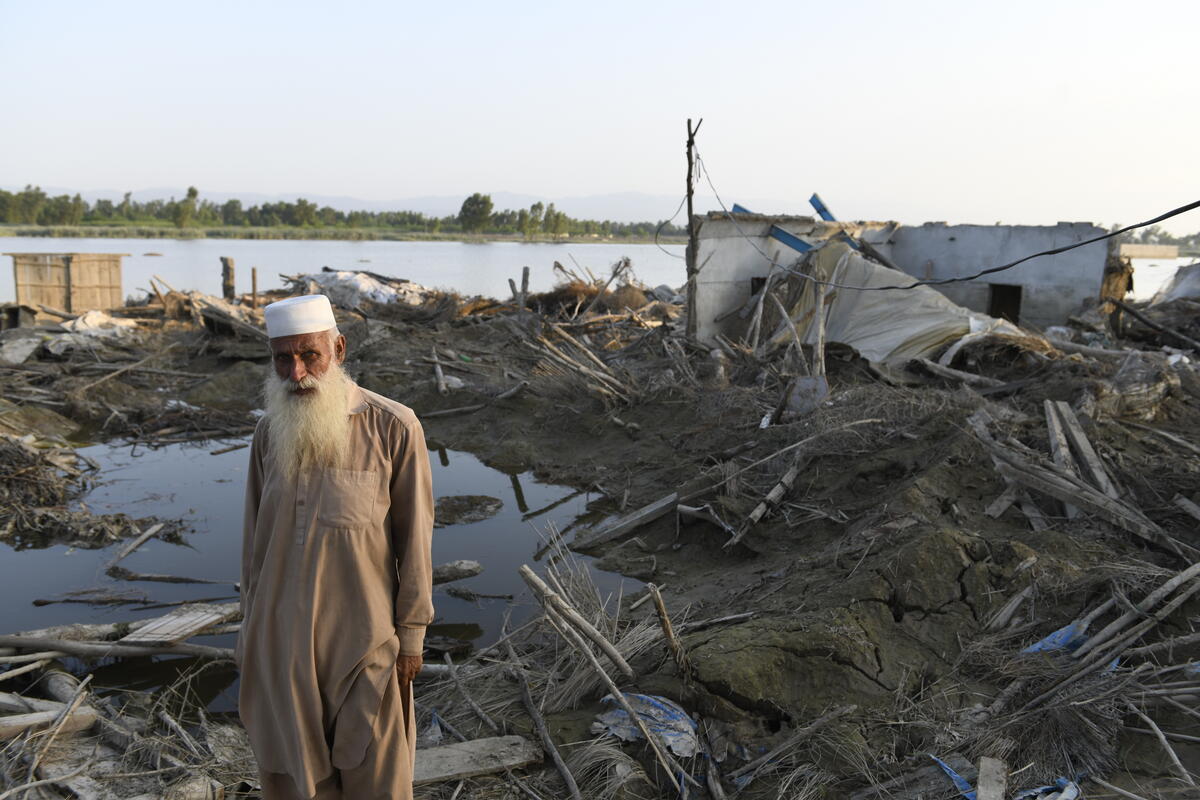As new Mosul offensive unfolds, sheltering the displaced comes back into focus
As new Mosul offensive unfolds, sheltering the displaced comes back into focus

With the new military operations under way in Mosul, UNHCR, the UN Refugee Agency, is focusing efforts on camp construction to shelter many of those who could be displaced by the renewed fighting.
It’s estimated that up to 250,000 people could be displaced. Almost 217,000 people have fled hostilities since 17 October, of whom around 160,000 are still displaced. Others have returned to their homes in newly-retaken areas. But the situation remains fluid and terrifying for those trapped or affected by the fighting.
UNHCR has eight camps open or completed at present, and one under construction. We are planning for the start of work at another site (Hamam Al Alil), south of Mosul. Currently there is spare capacity in three existing camps to the east of Mosul (Hasansham U3, Khazer M1 and M2), with space for 12,700 more people. An additional 1,000 plots are planned for Khazer M2. There are also spaces for 14,400 people in UNHCR’s newly-built Chamakor camp, where 500 tents have already been pitched.
The Government of Iraq has decided, initially, to transport people displaced from western Mosul to camps in the east while new capacity is being added in the south. UNHCR has been asked to support a new Government site at Hamam Al-Alil, 20 km south of Mosul. It is expected that many of those fleeing western Mosul will reach Hamam Al-Alil on foot. This site will shelter for up to 60,000 people. One camp at the site will be UNHCR built. Another, which has been built by the government, for 24,000 people, will be UNHCR-supported.
With the predicted exodus of up to a quarter of a million people, it will be impossible to accommodate such large numbers on existing land. We have identified other land that could be used as camps once frontlines shift.
Meantime, conditions in the densely-populated west of the city are worsening, according to reports and testimonies, and hence concerns are mounting for the well-being of civilians. There are shortages of food, water, fuel and medicine. Half of all food shops have closed and most people can only access untreated water. Food prices are rocketing and there are reports of families burning furniture, clothing and plastic to stay warm. Conditions will deteriorate if civilians are not able to flee the fighting.
During the battle for eastern Mosul, the protection of civilians was prioritized in military planning and activities, and UNHCR hopes this principle will continue to be upheld. However, the new battle will be different. The city’s west is densely populated, with many narrow streets, and fighting will be street by street. Armed groups have built a network of tunnels.
Insecurity and recent suicide attacks in eastern Mosul have resulted in some families – who had opted to return to their homes – coming back to the camps in search of safety.
For more information on this topic, please contact:
In Geneva, Matthew Saltmarsh, [email protected], +41 79 217 31 40
In Iraq, Caroline Gluck, [email protected], +964 780 920 7286








